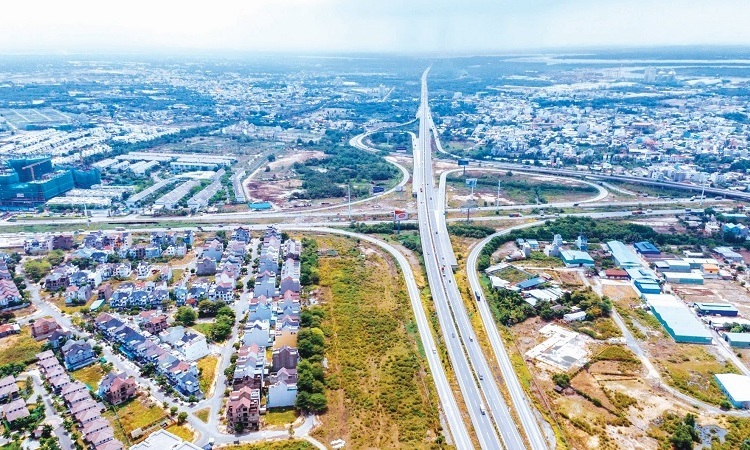Infrastructure developers await law on PPP - VietNamNet
by VietNamNet News, https://www.facebook.com/vietnamnet.vnThe National Assembly is working on an investment law on public-private partnerships (PPP) which investors hope will settle legal conflicts.
A report shows that 336 works have been implemented under the PPP mode, including 140 BOT (build, operation, transfer) and 188 BT (build, transfer) projects.

Under the PPP mode, the State and investors join forces to build infrastructure and provide public services on the basis of profit sharing contracts which can exploit the advantages of both parties.
However, the legal document at the highest level about PPP is also a government decree. The implementation of PPP projects is covered by many laws, including the Law on State Budget, Investment Law, Public Investment Law, Environment Protection Law, Enterprise Law, Land Law and Construction Law.
As a result, legal conflicts usually arise during the implementation of projects. PPP projects are always large and require long term capital.
That was why Bitexco Group last June received a reimbursement from state agencies after the Dau Giay – Phan Thiet highway project, implemented under PPP on a trial basis, had to stop in March 2018.

| Under the PPP mode, the State and investors join forces to build infrastructure and provide public services on the basis of profit sharing contracts which can exploit the advantages of both parties. |
The project had investment capital of $750 million, of which the State would spend $250 million, while Bitexco and other investors would have to spend $500 million.
Bitexco committed to arrange 60 percent of capital, or $350 million. However, the negotiation for the project failed and the pilot implementation of the project under the PPP mode had to stop.
According to ADB, investment in infrastructure in Vietnam accounts for 5.7 percent of GDP, just second to China (6.8 percent), while the figures are under 3 percent in Indonesia and the Philippines.
The demand for capital for infrastructure development is huge, while the state budget is insufficient and donors’ funding is shrinking. Therefore, it is necessary to call for capital from the private sector.
According to Le Cong Nhuong, a member of the National Assembly’s Science and Technology Committee, in 2016-2020, total public investment capital is VND2,000 trillion, which includes VND360 trillion from foreign sources, VND200 trillion from domestic sources and bond issuance.
However, of the amount of VND2,000 trillion, the capital for socio-economic infrastructure is not high because VND72.817 trillion is being reserved for new rural area development and sustainable poverty reduction programs.
Vietnam needs VND952.730 trillion at minimum for transport infrastructure. However, the state can provide 20 percent.
The government has submitted to the National Assembly a draft law on investment under the PPP mode. The law is expected to be ratified in the 9th session, slated for May 2020.
Linh Ha